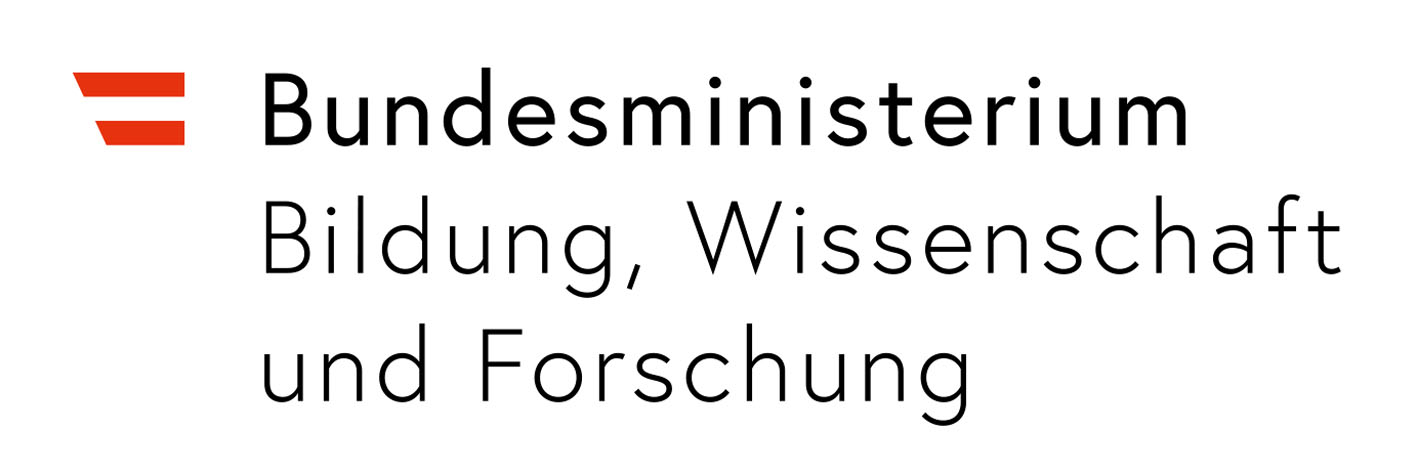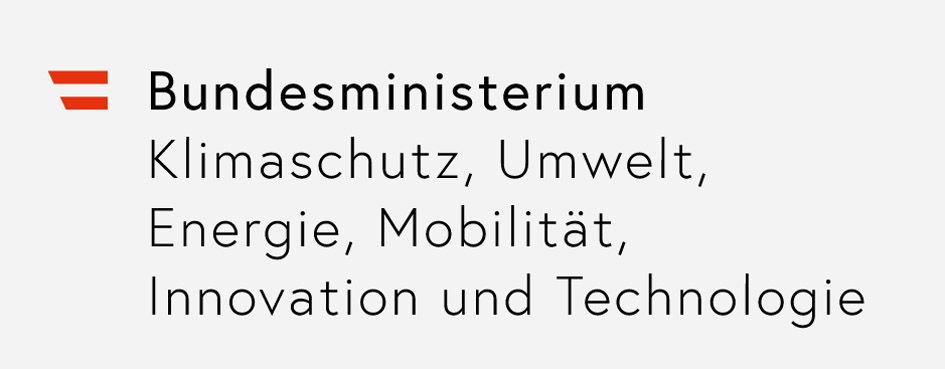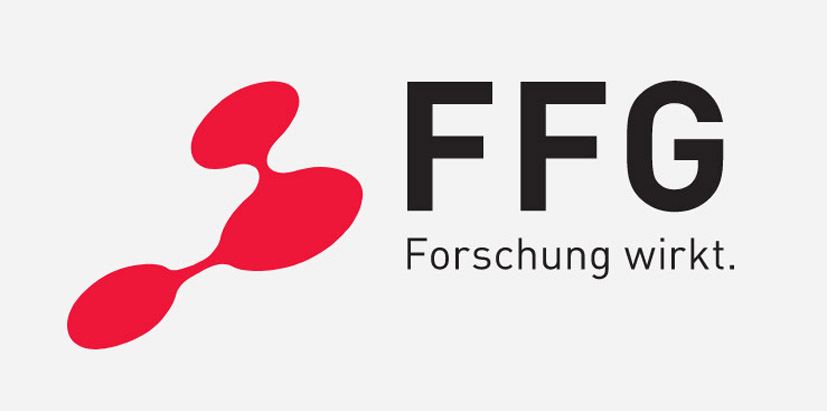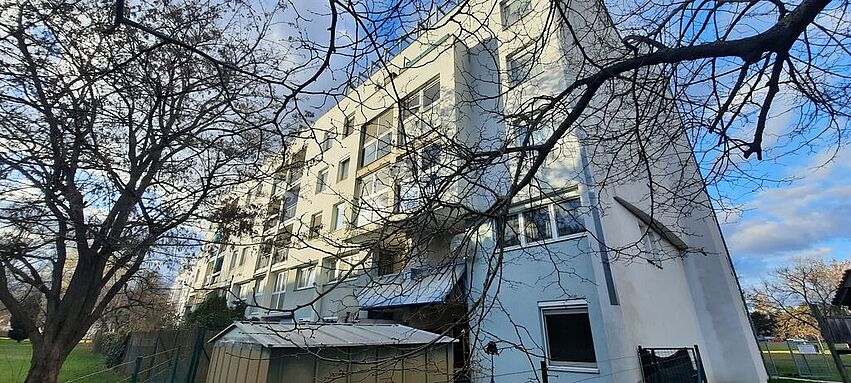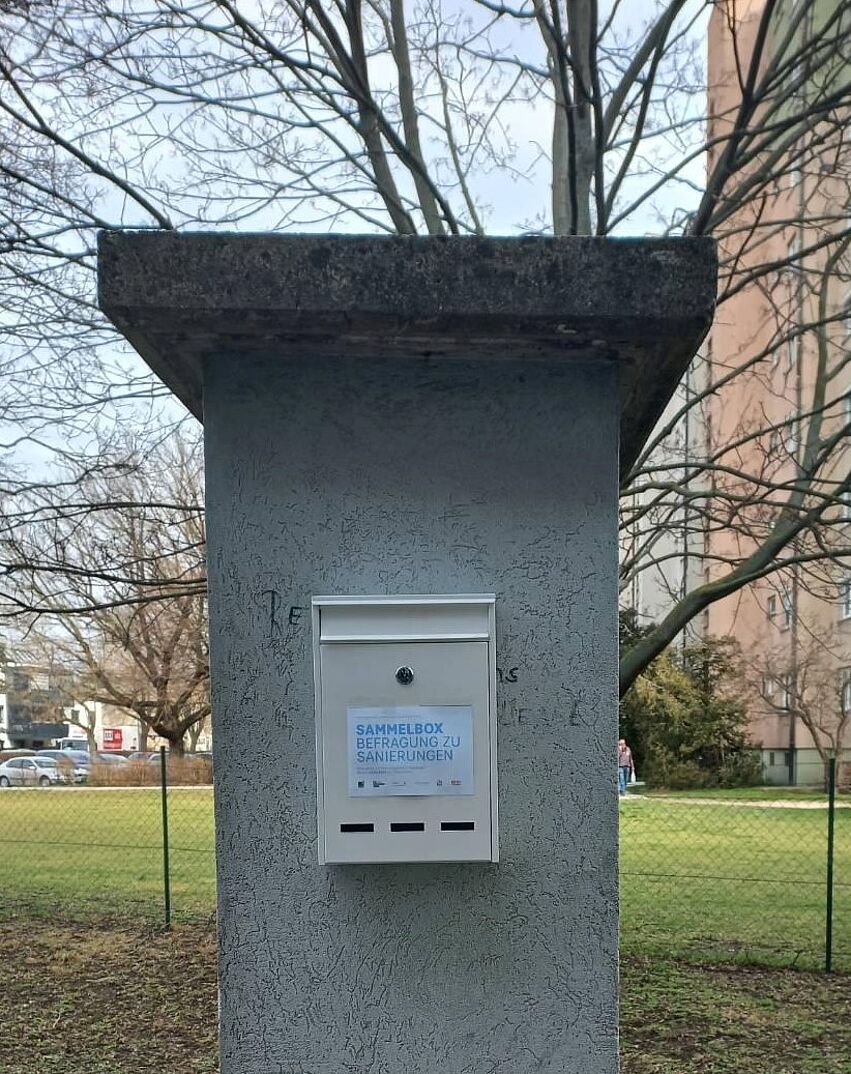According to the IEA, by 2030 at the latest, around 2.5% of existing buildings worldwide will have to be retrofitted per year to a standard that is described as 'zero-carbon ready'. At present, however, there are no concrete specifications as to when a refurbishment quantitatively fulfils the requirement of 'zero-carbon ready'ness. In the absence of a socio-political consensus on the efficiency-sharing of these renovations, one of the most important tasks of applied research, innovative integral planning and also of the project at hand is to create facts as quickly as possible: About the connection between 'climate fitness' and investment and full costs of the various renovation solutions, as well as about the possibilities and necessities of involving the residents.
In the exploratory project, concrete locations of the ÖSW are selected together with the Österreichisches Siedlungswerk, whereby attention is paid to the greatest possible diversity with regard to a number of criteria such as year of construction, building standard, degree of refurbishment, size, structural density, heat supply, potential renewable energy, reserves, rent levels, transport infrastructure and surroundings. The relevant stakeholders as well as the future users are involved at an early stage, thus pursuing a holistic energy planning approach.
Energetically and ecologically optimised climate-friendly packages are developed and presented for the main construction tasks of the selected building ensembles. The dimensions of energy efficiency, local energy production, energy flexibility/activation of building components and quality of life of users are included and evaluated. In this way, replicability can be significantly increased, at least for similar building standards.
Climate-friendly and holistic renovation must be seen as an opportunity for social innovation. Strengthening the neighbourhood, building up 'networks of interested parties' or involving residents as experts in renovation processes (e.g. surveys, workshops, inspections, theme evenings, residents' activities) are essential accompanying effects of comprehensive change and transformation processes.

